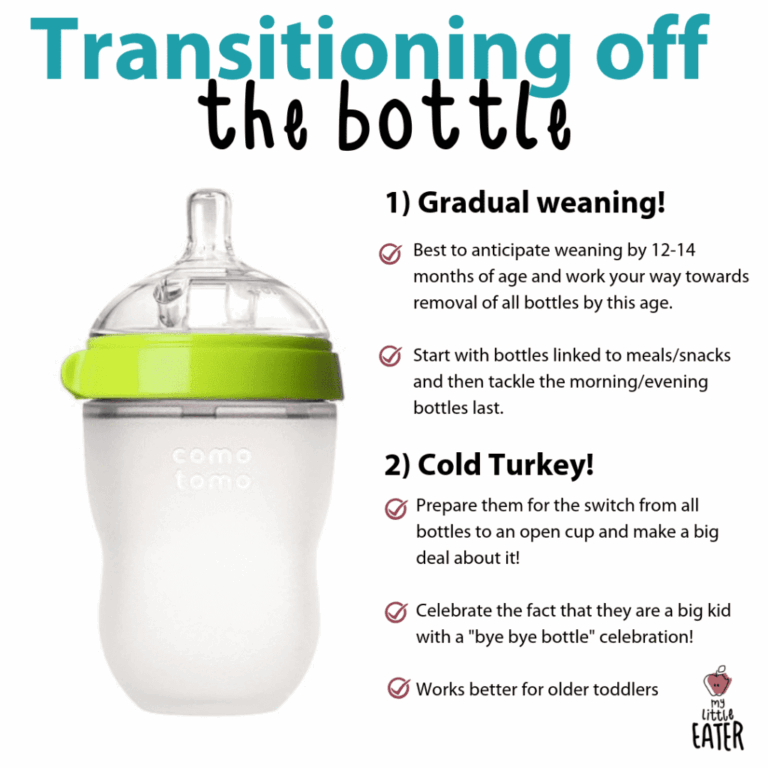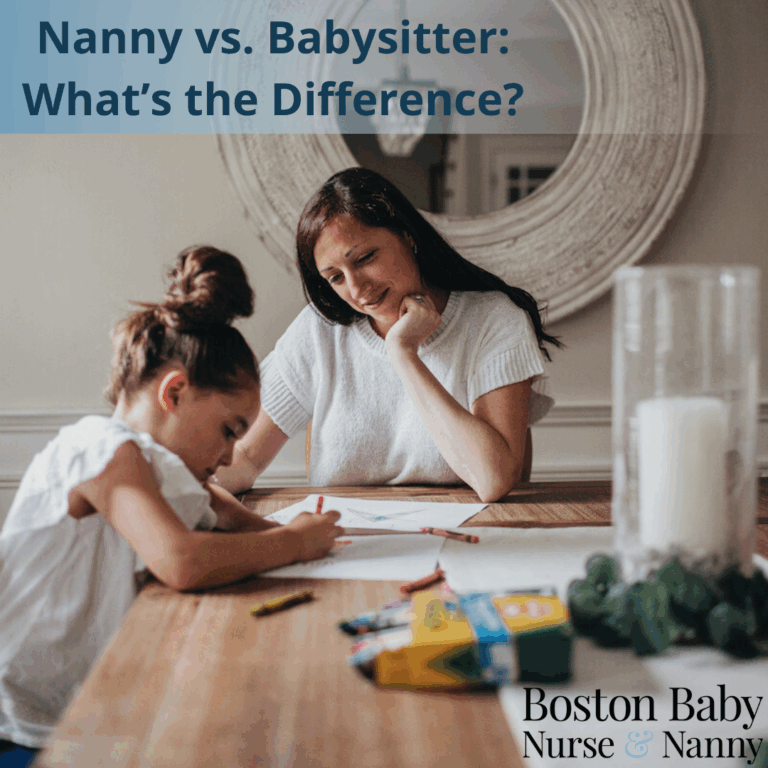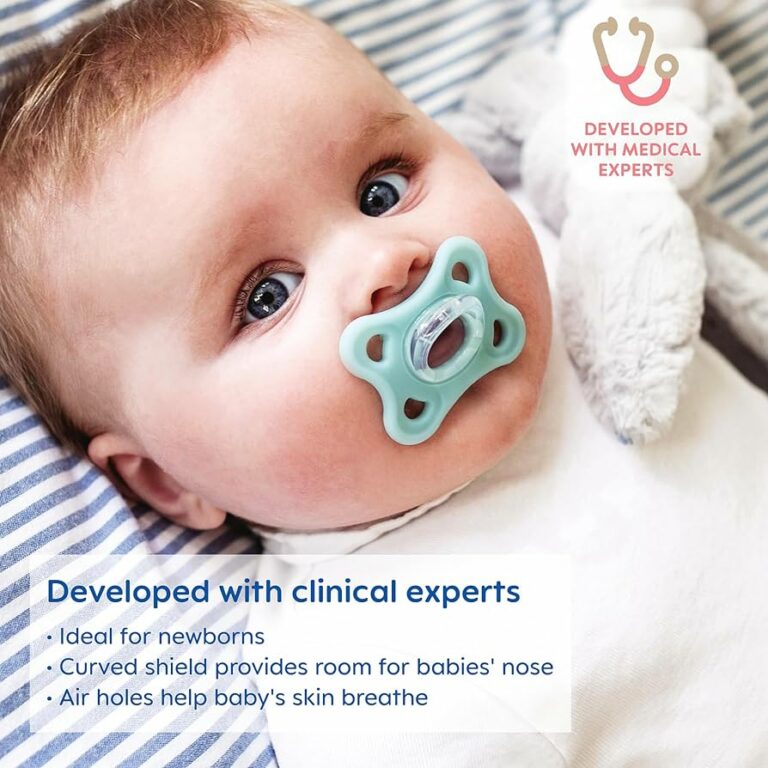Newborn Twitching In Sleep: A Comprehensive Guide
Newborn twitching during sleep is a common occurrence that can cause concern among parents. While it is usually harmless, it can sometimes be a sign of an underlying medical condition. In this guide, we will explore the different types of twitching that can occur in newborns, the potential causes, and when to seek medical attention. We will also discuss management and treatment options, as well as the typical outlook and prognosis for newborns who experience twitching during sleep.
Newborn twitching during sleep is often caused by the immature nervous system. As the baby’s nervous system develops, the twitching will usually resolve on its own. However, if the twitching is severe or persistent, it is important to seek medical attention to rule out any underlying medical conditions.
Newborn Twitching In Sleep

Bubbas love to snooze, but sometimes their kip can be a bit lively. If you’ve noticed your little one twitching in their sleep, don’t fret. It’s usually nothing to worry about.
Most twitching is caused by your bubba’s nervous system maturing. As they grow, their brain and body are learning to work together, and this can sometimes lead to involuntary movements.
Twitching is most common in newborns and usually goes away by the time they’re 3 months old. However, if you’re concerned about your bubba’s twitching, don’t hesitate to chat to your GP.
When To Be Concerned
In most cases, twitching is nothing to worry about. However, there are a few instances where it might be a sign of a more serious problem.
- If your bubba’s twitching is accompanied by other symptoms, such as fever, vomiting, or diarrhoea, it could be a sign of an infection.
- If your bubba’s twitching is severe or persistent, it could be a sign of a neurological problem.
- If your bubba’s twitching is only on one side of their body, it could be a sign of a stroke.
If you’re concerned about your bubba’s twitching, it’s always best to err on the side of caution and chat to your GP.
How To Help Your Bubba
If your bubba’s twitching is causing them distress, there are a few things you can do to help.
- Make sure your bubba is getting enough sleep.
- Create a calming bedtime routine.
- Swaddle your bubba snugly.
- Massage your bubba’s back or tummy.
- Play soothing music or white noise.
If your bubba’s twitching is severe or persistent, your GP may recommend medication to help.
FAQs
What are the different types of twitching that can occur in newborns during sleep?
There are three main types of twitching that can occur in newborns during sleep: myoclonic jerks, tremors, and startles. Myoclonic jerks are sudden, brief muscle contractions that can occur in any part of the body. Tremors are rhythmic, involuntary muscle contractions that can occur in the hands, feet, or head. Startles are sudden,全身的muscle contractions that are often triggered by a loud noise or sudden movement.
What are the potential causes of newborn twitching during sleep?
The most common cause of newborn twitching during sleep is the immature nervous system. Other potential causes include sleep cycles, environmental factors, and certain medical conditions.
When should I seek medical attention for newborn twitching during sleep?
You should seek medical attention if your baby’s twitching is severe or persistent, if it is accompanied by other symptoms such as fever or lethargy, or if you are concerned about your baby’s overall health.
What are the management and treatment options for newborn twitching during sleep?
There are a number of management and treatment options for newborn twitching during sleep, including home remedies and medical interventions. Home remedies include swaddling your baby, creating a calming sleep environment, and avoiding caffeine and alcohol. Medical interventions may include medication or surgery.
What is the typical outlook and prognosis for newborns who experience twitching during sleep?
The typical outlook and prognosis for newborns who experience twitching during sleep is good. Most babies will outgrow the twitching as their nervous system matures. However, in some cases, the twitching may be a sign of an underlying medical condition that requires treatment.





